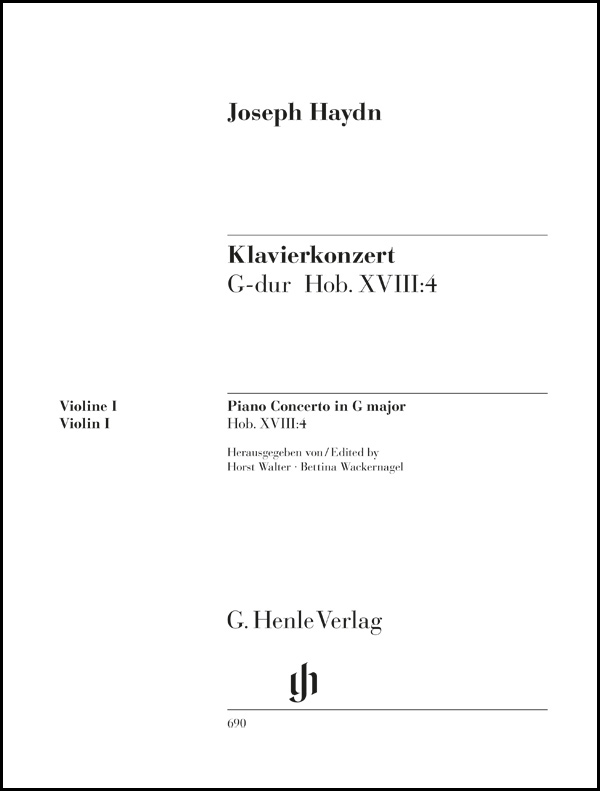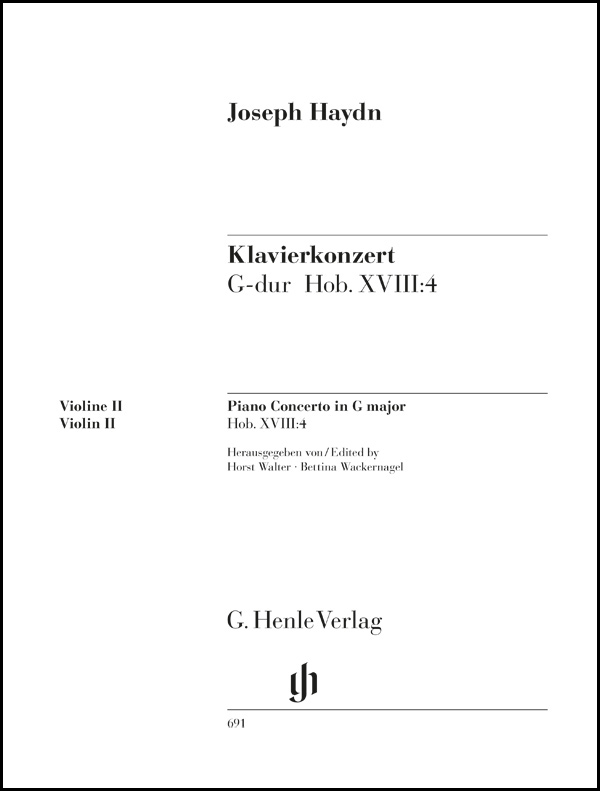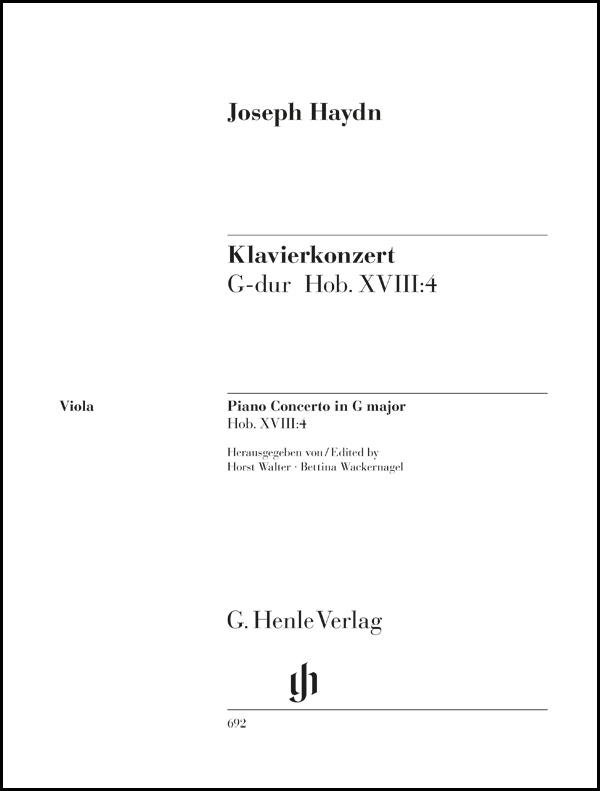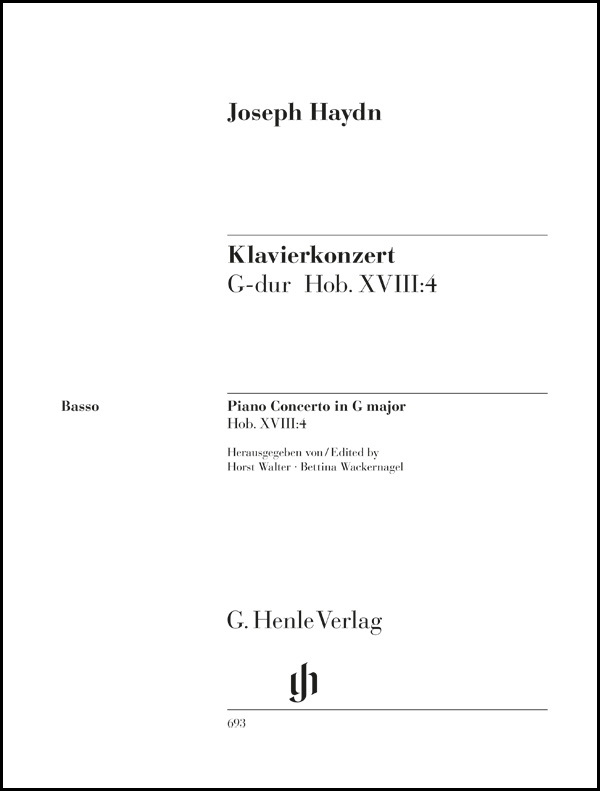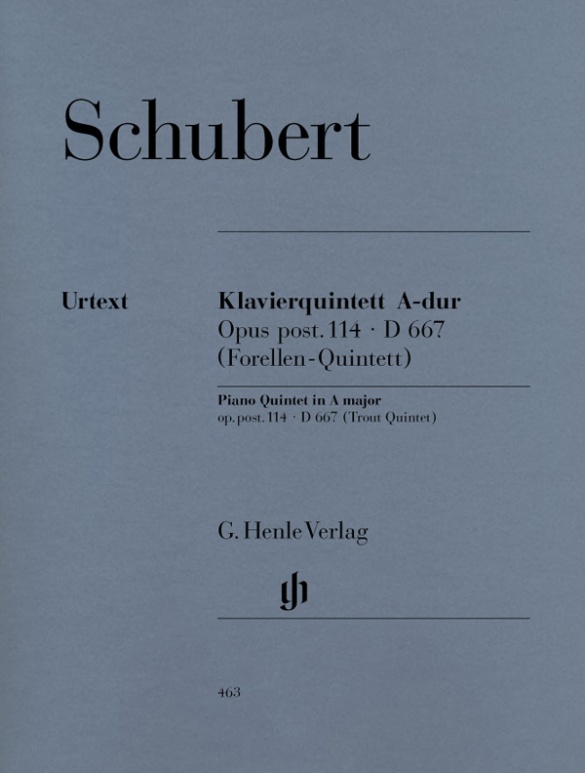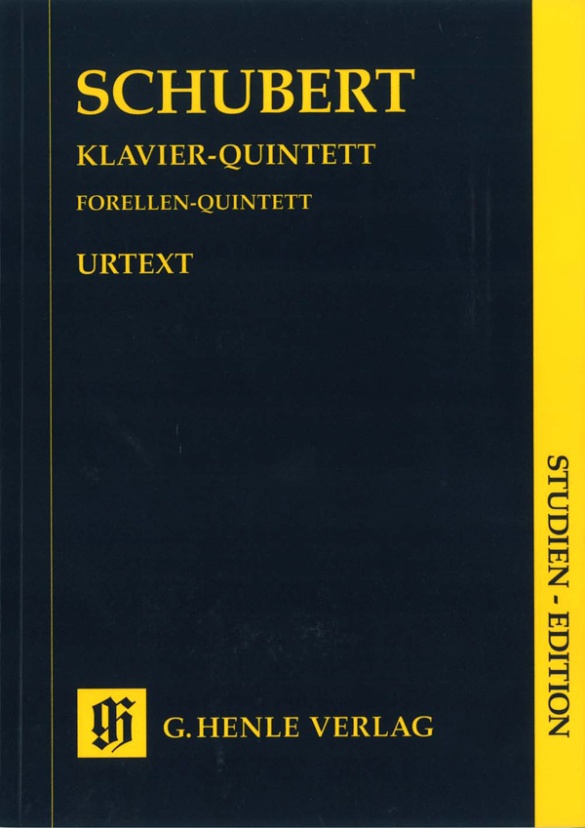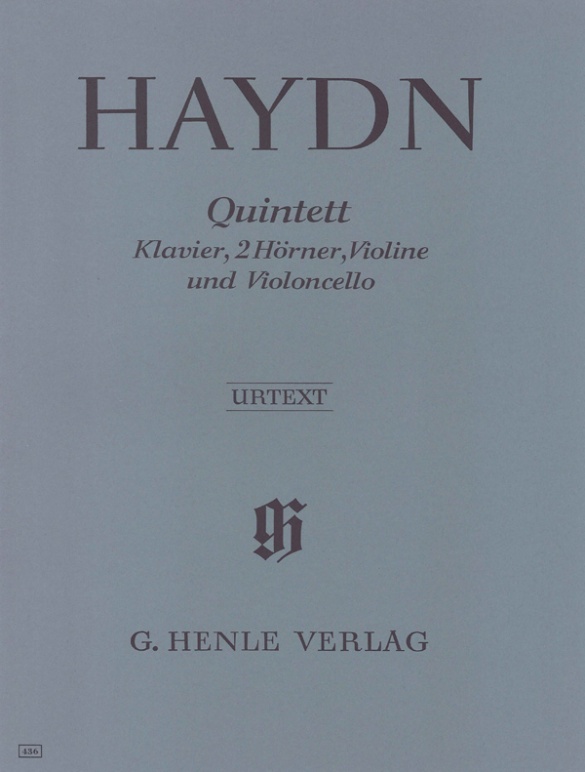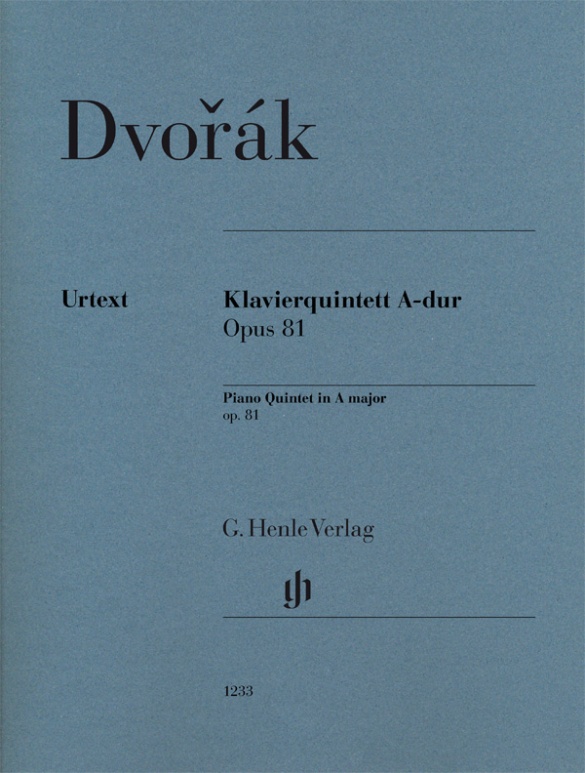

Antonín Dvorák
Piano Quintet in A major op. 81
Very few really important works have been written for piano quintet – alongside the famous works by Schubert, Schumann und Brahms, the quintet that Antonín Dvorák composed in 1887 certainly numbers amongst them. It shows the mature master at work, who knew how to combine formal unity with melodic ingenuity and sweeping rhythms. With its ethnic-inspired themes the piano quintet has become one of Dvorák’s best-loved chamber music works, indeed even of Romantic literature in music. So it was high time for a Henle Urtext edition – 60 years after the Czech Complete Edition was published, it was time for a fresh look at the sources, including the autograph in the National Museum in Prague.
Read more about this edition in the Henle Blog.
Content/Details
About the Composer
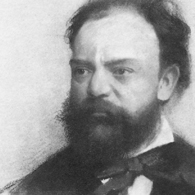
Antonín Dvorák
With Smetana he is the most famous Czech composer of the nineteenth century, contributing to the dissemination and appreciation of Czech music throughout the world. Among his around 200 works, encompassing all standard genres, are nine symphonies, fourteen string quartets, and twelve operas.
| 1841 | Born in Nelahozeves (Mühlhausen) on the Vltava River on September 8, the son of a butcher and innkeeper. |
| 1853 | Attends the training school in Zlonice; there he receives a comprehensive musical education from Josef Toman and the cantor Antonín Liehmann; subsequent education in Česká Kamenice (1856–57). |
| 1857–59 | Studies at the organ school in Prague. Until 1871 he will earn his living as a music teacher, organist, and violist. |
| 1861 | String Quintet No. 1 in A minor, considered his first work. |
| 1862 | Position as solo violist in the orchestra of the Bohemian Provisional Theater (conducted by Smetana, among others) |
| 1873 | Breakthrough with the premiere in Prague of his patriotic hymn “The Heirs of the White Mountain,” Op. 30. Employment at the private Prague School of Music. Several state scholarships. |
| 1874–77 | Organist at St. Adalbert church. |
| from 1876 | “Moravian Duets,” Opp. 20, 29, 32, and 38 (1876–77), “Slavonic Rhapsodies,” Op. 45 and the first series of “Slavonic Dances,” Op. 46 (both from 1878) enjoy great success. His fame abroad grows. |
| 1882 | Premiere of the opera “Dimitrij”, in the tradition of grand opera. |
| 1884 | First invitation to England, after which eight more will follow. |
| 1886 | Premiere of his oratorio “Saint Ludmila,” Op. 71. |
| 1891 | Professor of composition at the Prague Conservatory. |
| 1891–95 | Director of the National Conservatory of Music in New York. |
| 1893 | Premiere in New York of Symphony No. 9, “From the New World,” Op. 95 (American folkloric elements, cyclic techniques). |
| 1901 | Premiere in Prague of his most famous opera, “Rusalka.” |
| 1904 | Premiere in Prague of his last opera, “Armida.” Death in Prague on May 1. |
About the Authors

Dominik Rahmer (Editor)
Dr. Dominik Rahmer, born in 1971 in Mainz, studied musicology, philosophy and maths in Bonn. He did his Magister Artium in 1999 and his doctorate in 2006 with a thesis on the music criticism of Paul Dukas.
From 2001 to 2011 he was employed at Boosey & Hawkes/Bote & Bock in Berlin, where he also worked on the Critical Edition of the Works of Jacques Offenbach (OEK). Since 2011 he has been an editor at G. Henle Publishers in Munich, with a particular focus on French and Russian music and works for wind instruments.
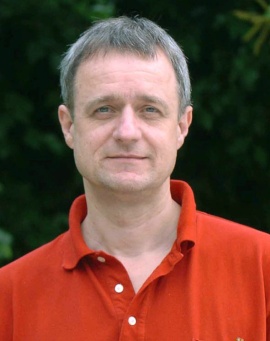
Andreas Groethuysen (Fingering)
Prof. Andreas Groethuysen, born in 1956 in Munich, studied music with Ludwig Hoffmann in Munich and, on a scholarship from the “Studienstiftung des Deutschen Volkes”, with Peter Feuchtwanger in London.
After several years as a soloist, Groethuysen formed a piano duo with Yaara Tal, which has now become the focus of his artistic work. The duo regularly performs in many European countries, in Israel, China, North and South America. In exclusive cooperation with SONY CLASSICAL the internationally acclaimed piano duo has released a great many CDs – 28 to date – almost all of which have been awarded prizes.
Product Safety Informations (GPSR)

G. Henle Verlag
Here you can find the information about the manufacturer of the product.G. Henle Verlag e.K.
Forstenrieder Allee 122
81476 München
Germany
info@henle.de
www.henle.com
recommendations
autogenerated_cross_selling
Further editions of this title
Further editions of this title


